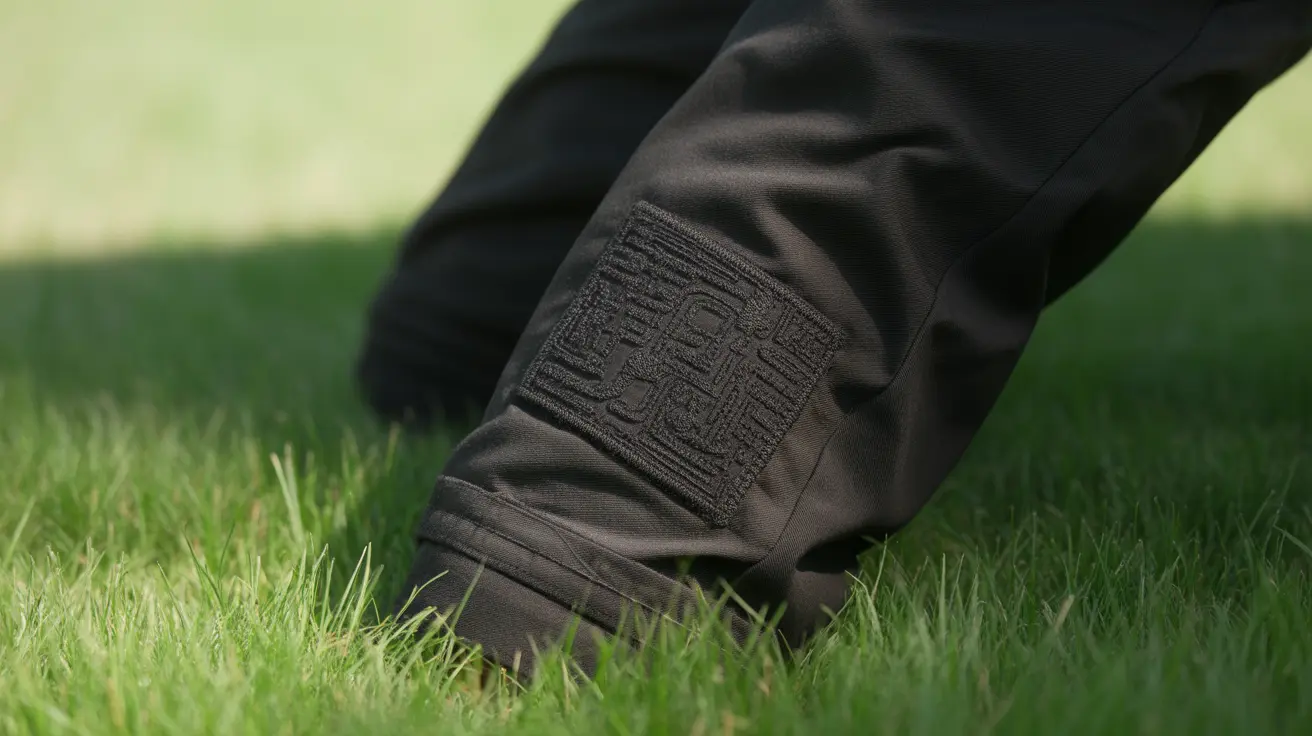The Healthiest Food to Feed Your Dog: A Guide to Boiled Chicken
Choosing the healthiest food for your dog is vital to ensure long-term wellness, energy, and a strong immune system. Among the many available food options, one simple and effective choice is boiled chicken. This lean protein source is not only nutritious but also easy to prepare and suitable for a variety of dogs, especially those with sensitive stomachs.
Why Boiled Chicken is a Healthy Choice
Boiled chicken is often recommended by veterinarians due to its nutritional content and easy digestibility. It contains:
- Lean protein – essential for muscle development and repair
- Vitamin B6 and B3 – promote healthy metabolism
- Zinc – supports immune function and skin health
Preparing chicken by boiling also removes excess fat, making it an ideal choice for dogs with sensitive digestive systems or food allergies.
How to Properly Prepare Boiled Chicken for Dogs
To avoid risks and enhance the benefits, always prepare boiled chicken correctly. Follow these safe preparation tips:
- Use boneless, skinless chicken breasts or thighs
- Do not add any seasonings, salt, onions, garlic, or spices
- Rinse chicken under cold water and cut it into manageable pieces
- Place in a pot and cover with water, ensuring it's a few inches above the meat
- Bring to a rolling boil (10–15 minutes), then simmer for another 15–20 minutes
- Ensure internal temperature reaches at least 165°F (74°C)
- Let it cool before shredding or chopping into bite-sized pieces
Serving Suggestions
Boiled chicken can be served plain or mixed with your dog's regular food. For added nutrition and taste, consider combining it with dog-safe vegetables like:
- Carrots
- Green beans
Always monitor portion sizes. Boiled chicken or any treats should constitute no more than 10% of total daily calories.
Important Safety Considerations
- Never feed chicken bones, raw chicken, or seasoned chicken
- Cooked bones can splinter and cause internal damage
- Raw chicken may harbor harmful bacteria like salmonella or E. coli
- If using broth, ensure it's plain with no salt, onion, or garlic
Consult a vet before making dietary changes and avoid feeding chicken prepared for human consumption (e.g., breaded or stuffed).
Allergy Watch
Some dogs may be allergic to chicken. Watch for signs like:
- Itching
- Vomiting
- Diarrhea
- Red or irritated skin
If any of these symptoms appear, discontinue use and consult your veterinarian immediately.
Using Boiled Chicken for Digestive Upset
Boiled chicken combined with rice is often used as a bland diet for dogs suffering from gastrointestinal issues. However, prolonged use can lead to nutritional imbalances. Alternatives for bland diets include:
- Cooked pumpkin – high in fiber
- Boiled turkey – lean and gentle on the stomach
Introduce these foods slowly and monitor for improvements.
Storage Tips
Keep any unused boiled chicken in an airtight container in the refrigerator and use within 3–4 days. You can also freeze small portions for future use.
Conclusion
Boiled chicken is a nutritious, lean protein that dogs love. It’s particularly effective for sensitive stomachs, dietary allergies, or as a recovery food. However, it should not be the sole source of nutrition. A balanced commercial dog food or vet-approved homemade plan ensures your dog receives all the necessary vitamins and minerals.
By following the proper techniques and safety practices outlined above, you can make boiled chicken a healthy and safe addition to your dog’s diet.





